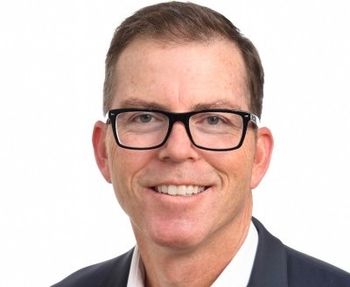
Survey reports national concern about cyberattacks on healthcare systems
There is widespread concern among the American public about cyberattacks on U.S. institutions, according to a poll, and nearly all reported being at least somewhat concerned about healthcare systems falling victim to cyberattacks.
According to a
The poll included 1071 adults, aged 18 and older, representing the 50 states and the District of Columbia between September 9 and September 13, 2021. Notably, 90% of Americans reported being at least somewhat concerned about attacks on personal information, identity, finances or health records, including 62% who reported being very concerned. Only 9% said they were not very/not at all concerned.
In fact, 90% of Americans polled cited being at least somewhat concerned about healthcare systems falling victim to cyberattacks, including 63% who responded as very concerned. Only 9% said they were not very/not at all concerned.
“The public is clearly worried about cyber-attacks, and many Americans see such attacks as a potential result of international conflict,” Sheila Kohanteb, executive director of external relations at the Pearson Institute, said in a
Almost three-quarters (73%) said the Chinese government is a big threat and a similar percentage (72%) said the same about the Russian government. The Iranian government was also considered a big threat, but to a lesser degree (55%). Only 53% and 44% said groups not affiliated with any government and individuals not affiliated with any group or government, respectively, were a big threat. However, the respondents did still view them as a small threat (39% and 47%, respectively) and few viewed them as no threat at all (7% and 8%, respectively).
The survey found that older Americans are more concerned about cybersecurity than younger Americans. While more than 75% of adults aged 60 years and older reported being very concerned about attacks on national security, government services, and healthcare systems, less than half of respondents between the ages of 18 and 29 said the same.
Similarly, older Americans were also more likely to consider foreign governments a big threat. For instance, 88% of those age 60 years and older considered the Chinese government a big threat compared with 53% of those between the ages of 18 and 29 years.
In a
“The study highlights significant and important generational differences in attitudes toward cybersecurity and foreign governments,” said Trevor Tompson, director of the AP-NORC Center in a press release. “These findings also provide evidence of broad potential support for policies designed to increase protection against cyber-attacks on U.S. institutions.”






























